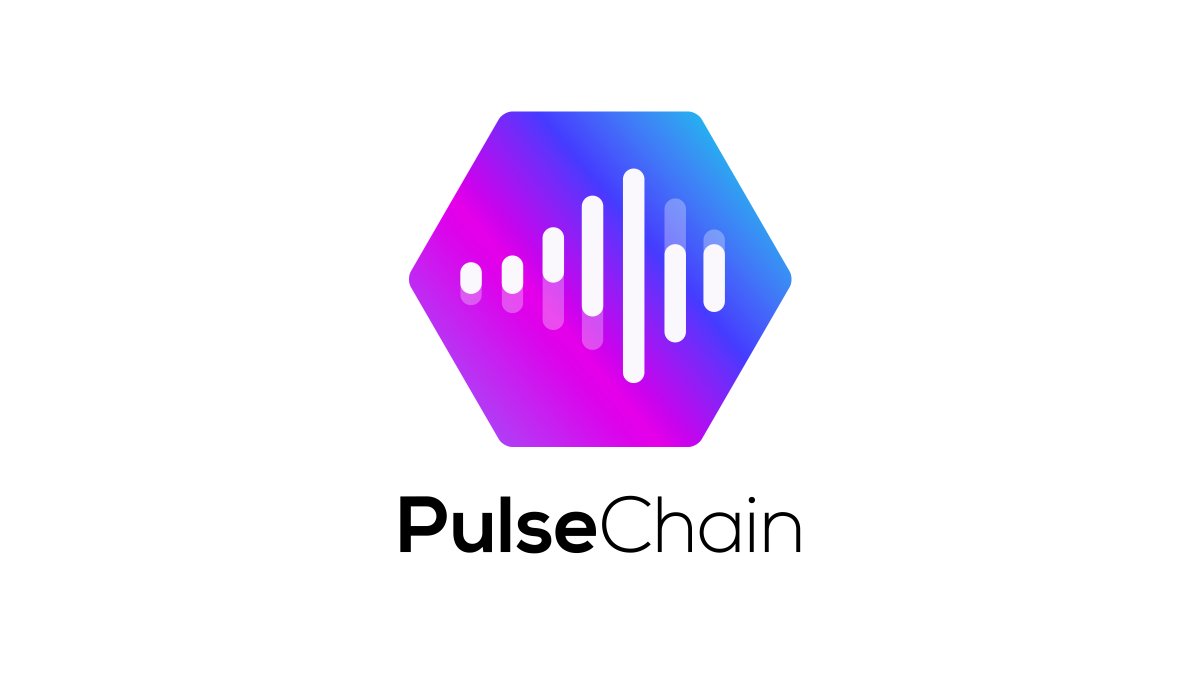- The efforts of Ripple CEO Brad Garlinghouse to criticize the hostility that SEC shows towards the crypto industry affect the plans made by Ripple.
- Ripple winning case against the SEC in court also points out persistent difficulties concerning the definition of crypto regulation
- The conflict between Ripple and the SEC emphasizes a deeper struggle for cryptocurrency regulation and compliance.
Recently, Ripple CEO Brad Garlinghouse gave an interview at the World Economic Forum in Davos, and his tone toward Chairman of SEC Gary Gensler was far from mild. Garlinghouse characterized the SEC as “very unfriendly,” indicating Ripple’s attitude towards its regulatory environment and that of the cryptocurrency market in general.

Ripple CEO Declares SEC ‘Political Liability’
Garlinghouse didn’t sugarcoat it when talking about the current leadership of the SEC. “I think Gary Gensler is trying the same thing repeatedly, thinking that somehow he will win in court. He has continued to lose in courts,” observed his statement on the legal position of SEC under the leadership of Gensler. His statements emphasize the increasing anger in the virtual currency community at regulatory policies.
Since 2020, the company behind XRP, ranked sixth among all digital assets and affiliated with Ripple, has been involved in a legal duel with SEC. The regulator sued Ripple on charges of $1.3 billion in unregistered securities sales disguised as XRP tokens.
Nonetheless, Ripple scored a major legal victory just last July when a judge ruled that sales of XRP to ordinary investors via programmatic sale do not constitute securities. While it did not include everything, this ruling was considered a positive step for Ripple and the crypto world.
Regulatory obstacles have diminished the IPO prospects.
The SEC’s approach has also impacted Ripple’s decision-making processes, specifically regarding a possible IPO. Garlinghouse saw resistance to push an IPO in the current regulatory environment, saying: “In US, trying to go public with a very hostile regulator that has approved your S-1—seem not to have fun for me.” This attitude points out the clash between fintech and traditional regulation frameworks some firms have today.
This fight between the firm Ripple and the SEC is not only about corporate law. Still, it highlights bigger issues, such as regulation in cryptocurrency activities, by taking a clear, complete policy line. The ongoing development of the industry necessitates further attention to crypto firms and regulatory agencies in terms of their linkage, which undoubtedly influences digit finance’s future.
Conclusion
Brad Garlinghouse’s comments in Davos reveal the troubles and discomforts encountered by Ripple in its ongoing dealings with SEC, however, resigning at further than that for clarification. The case of Ripple vs SEC symbolizes the cryptocurrency industry’s bigger issues due to compliance and regulation hurdles. Crypto innovation and investment may be influenced by the results of these legal battles and regulators’ actions, which would probably determine how they play out.
Personal Note From MEXC Team
Check out our MEXC trading page and find out what we have to offer! There are also a ton of interesting articles to get you up to speed with the crypto world. Lastly, join our MEXC Creators project and share your opinion about everything crypto! Happy trading! Learn about interoperability now!
Join MEXC and Start Trading Today!



